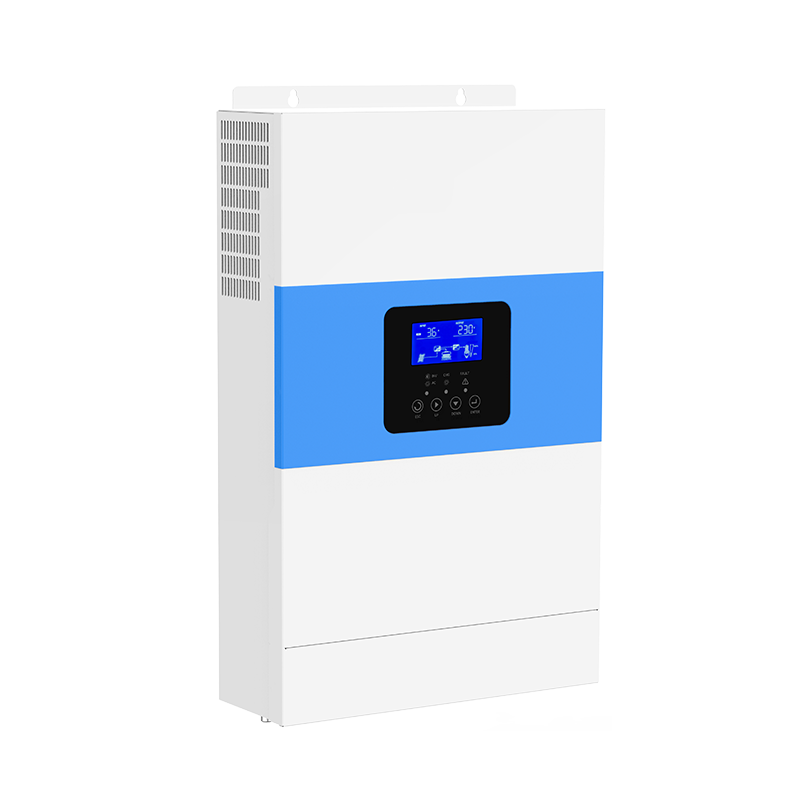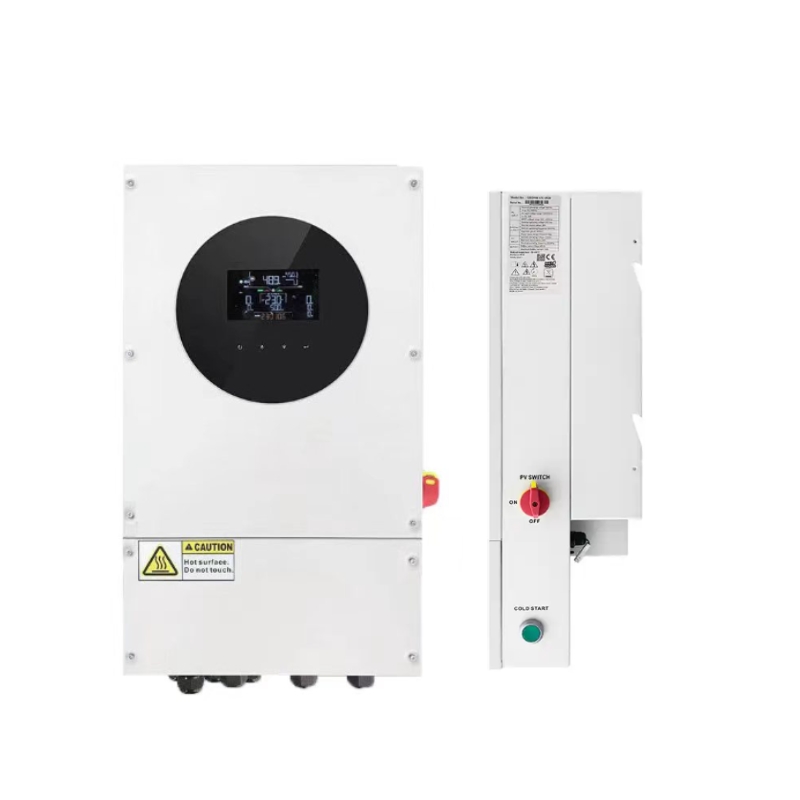In the renewable energy sector, home inverters play a key role in the efficiency and functionality of solar systems. As the heart of solar energy conversion, these devices are essential for converting the direct current (DC) generated by solar panels and stored in batteries into alternating current (AC), the standard form of electricity used in homes. Understanding the importance of home inverters is crucial for anyone considering installing a solar system, as they not only improve energy efficiency but also contribute to the overall sustainability of a home.

A home inverter bridges the gap between solar power generation and household energy consumption. When sunlight strikes solar panels, it generates direct current (DC). However, most household appliances use alternating current (AC). This is where a home inverter comes in handy, converting DC power to AC for use by everyday appliances. Without a reliable inverter, solar energy cannot be utilized, resulting in inefficiencies in the entire solar system. Therefore, an inverter is more than just an accessory; it's an essential component for ensuring the seamless operation of a solar system.
In recent years, the solar market has experienced price fluctuations for solar panels and batteries, primarily due to supply chain challenges and growing demand. However, a notable trend is that inverter prices have remained relatively stable, or even decreased, as the technology matures. This presents a significant advantage for homeowners looking to invest in a solar system. With home inverters becoming increasingly affordable, it's becoming a more economical way to enter the solar energy sector, making it an attractive option for those looking to reduce their energy bills and carbon footprint.
Furthermore, advances in inverter technology have also increased efficiency and functionality. Modern home inverters are equipped with features such as smart monitoring, allowing homeowners to track their energy production and consumption in real time. This not only allows users to optimize energy use but also improves the overall performance of their solar system. Furthermore, many inverters are now compatible with battery energy storage systems, allowing homeowners to store excess electricity generated during the day for use at night or during power outages, further enhancing energy independence.

In summary, the role of home inverters in solar systems cannot be underestimated. They are essential for converting sunlight into usable energy, ensuring that homes can benefit from renewable energy. While solar panel and battery prices fluctuate, the stability and declining costs of inverters present a unique opportunity for homeowners. By investing in a high-quality home inverter, individuals can enhance their solar systems, optimize energy consumption, and contribute to a more sustainable future. As technology continues to advance, the importance of home inverters will only grow, solidifying their crucial role in the transition to renewable energy.
Post time: Sep-19-2025

